News
-
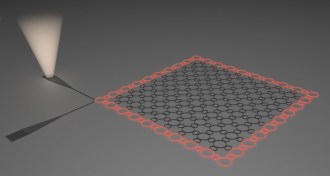 Tech
TechNew laser emits a more stable, energy-efficient light beam
A new type of laser could emit more stable, energy-efficient light beams than its conventional counterparts.
-
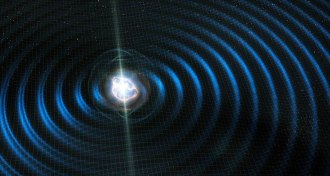 Physics
PhysicsGravity doesn’t leak into large, hidden dimensions
Gravitational waves from a recently observed neutron star merger offer no evidence of large, unknown dimensions.
-
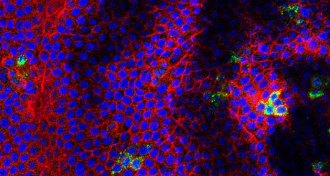 Health & Medicine
Health & MedicineZika may not be the only virus of its kind that can damage a fetus
Zika may not be alone among flaviviruses in its ability to harm a developing fetus, a new study in mice finds.
-
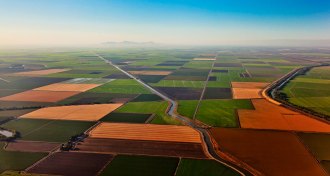 Earth
EarthGassy farm soils are a shockingly large source of these air pollutants
California’s farm soils produce a surprisingly large amount of smog-causing air pollutants.
-
 Archaeology
ArchaeologySharp stones found in India signal surprisingly early toolmaking advances
Toolmaking revolution reached what’s now India before Homo sapiens did, a new study suggests.
By Bruce Bower -
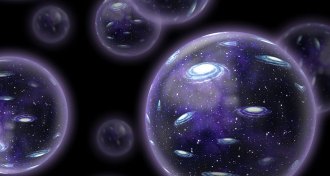 Astronomy
AstronomyUniverses with no weak force might still have stars and life
An alternate universe that lacks one of the four fundamental forces might still have galaxies, stars, planets and perhaps life, a new study suggests.
-
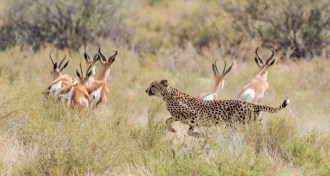 Animals
AnimalsSlower speed, tricky turns give prey a chance against cheetahs and lions
A bonanza of data on wild predators running shows that hunting is more than sprinting.
By Susan Milius -
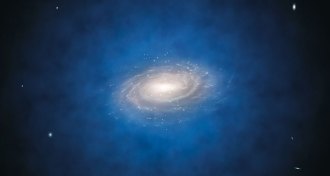 Particle Physics
Particle PhysicsClumps of dark matter could be lurking undetected in our galaxy
Dark matter, assumed to form featureless blobs, might clump together into smaller objects.
-
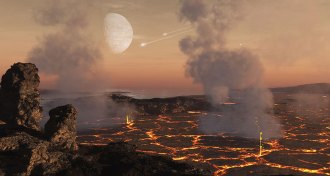 Earth
EarthLife may have been possible in Earth’s earliest, most hellish eon
Heat from asteroid bombardment during Earth’s earliest eon wasn’t too intense for life to exist on the planet, a new study suggests.
-
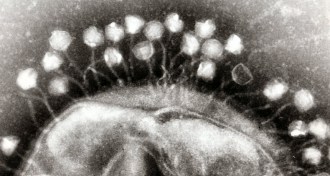 Genetics
GeneticsScientists find 10 new defense systems used by bacteria
Scientists identify 10 groups of genes that appear to govern defense systems used by bacteria against virus attacks.
-
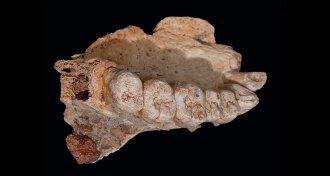 Anthropology
AnthropologyAn ancient jaw pushes humans’ African departure back in time
If an ancient jaw found in an Israeli cave belongs to Homo sapiens, the humans left Africa tens of thousands of years earlier than we thought.
By Bruce Bower -
 Earth
EarthOverlooked air pollution may be fueling more powerful storms
The tiniest particles in air pollution aren’t just a health threat. They also strengthen thunderstorms, new research suggests.